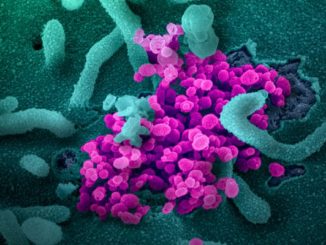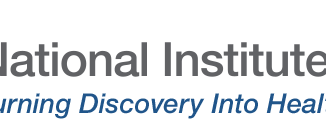
Historic findings could boost precision medicine, reduce health disparities
| Researchers supported by the National Heart, Lung, and Blood Institute (NHLBI), part of the National Institutes of Health, announced the publication of a groundbreaking study which analyzed more than 53,000 whole genomes, primarily from minority populations. The study, which appears in the Feb. 10 online issue of the journal Nature, examines one of the largest and most diverse data sets of high-quality whole genome sequencing—a person’s complete set of DNA. The genetic data could shed new light on how heart, lung, blood, and sleep disorders impact people with diverse racial and ethnic backgrounds, who often are underrepresented in genetic studies. The whole genomes used in the study are based on data from participants in the NHLBI’s Trans-Omics for Precision Medicine Program (TOPMed). Researchers there hope this data will one day lead to treatments tailor-made to individual patients, as well as shed light on racial and ethnic health disparities. Among its many findings, the current study: Identified 400 million genetic variants, more than 78% of which had not been described beforeProduced the best quality genotype data available for people with African ancestry, who showed the highest genetic variability of the groups studiedProvided new insights into certain gene variants that adversely affect the metabolism of prescription drugs and whose biological effects may vary by race and ethnic group Cashell Jaquish, Ph.D., a genetic epidemiologist and program officer for TOPMed, Division of Cardiovascular Sciences, NHLBI, She is a corresponding author on the Nature paper. STUDY: Nature. Sequencing of 53,831 diverse genomes from the NHLBI TOPMed Program. DOI: 10.1038/s41586-021-03205-y For more information nhlbi_news@nhlbi.nih.gov. |
| About the National Heart, Lung, and Blood Institute (NHLBI): NHLBI is the global leader in conducting and supporting research in heart, lung, and blood diseases and sleep disorders that advances scientific knowledge, improves public health, and saves lives. For more information, visit www.nhlbi.nih.gov. About the National Institutes of Health (NIH): NIH, the nation’s medical research agency, includes 27 Institutes and Centers and is a component of the U.S. Department of Health and Human Services. NIH is the primary federal agency conducting and supporting basic, clinical, and translational medical research, and is investigating the causes, treatments, and cures for both common and rare diseases. For more information about NIH and its programs, visit www.nih.gov. |








